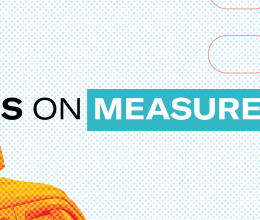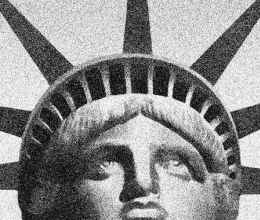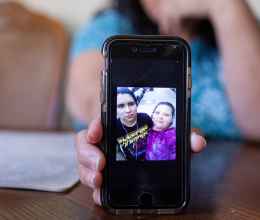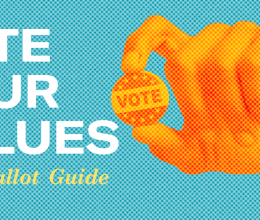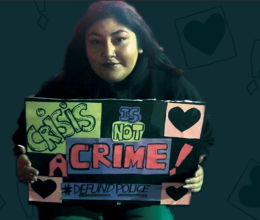
LOS ANGELES - Many immigrants who have satisfied the requirements to become U.S. citizens are left in limbo for months or years due to slow processing of FBI name checks, according to a class-action lawsuit to be filed in federal court. The delays violate time limits in the law that are meant to reduce naturalization backlogs while ensuring national security.
On Tuesday, December 4, the ACLU of Southern California, the National Immigration Law Center, the Asian Pacific American Legal Center, and the law firm of Munger, Tolles & Olson will ask a federal judge to enforce the time limits on name checks for people in the naturalization process. The lawsuit, Bavi v. Mukasey, names Attorney General Michael Mukasey and the FBI, which conducts the checks, and the U.S. Citizenship and Immigration Service (USCIS), which oversees the naturalization process.
'People's lives are on hold because they are in a bureaucratic black hole. They can't travel abroad without worrying they will be blocked at the border. They can't vote. They can't get business or school loans,' said ACLU/SC staff attorney Ranjana Natarajan.
An FBI name check is a routine part of every naturalization application, along with fingerprint and background checks. The name checks are particularly prone to cause delays because similar names result in many false 'hits' that are time-consuming to resolve. The checks can slow the scheduling of naturalization interviews as well as delay final approval of naturalization.
The USCIS ombudsman found that the FBI name check backlogs have grown worse over the past few years, and that the name checks themselves may have little value in identifying persons who pose a threat.
'The current USCIS name check policy may increase the risk to national security by extending the time a potential criminal or terrorist remains in the country,' the report noted. View the report online (pdf).
Thousands of Americans nationwide have been forced to go to court to unblock the delay of their naturalization cases. The government routinely fights or settles these cases rather than fix the underlying problems with name checks.
The plaintiffs in Bavi v. Mukasey include Alex Lee, 26, who was born in South Korea and emigrated with his family in 1998. He applied for citizenship in December 2006. Last Friday he watched in frustration as his parents and brother took the oath of citizenship - even though they filed their applications months later.
Another plaintiff, James Moorhead, was born in England and has lived in the U.S. for 30 years. He has awards from Congress and the city and county of L.A. for foiling an armed robbery. Despite his positive record, he has been waiting more than a year since his immigration interview was abruptly canceled last year.
Bavi v. Mukasey is one of several similar lawsuits that are pending around the country, and the first to address backlogs both for people who have had their naturalization interviews and for those who have not.

